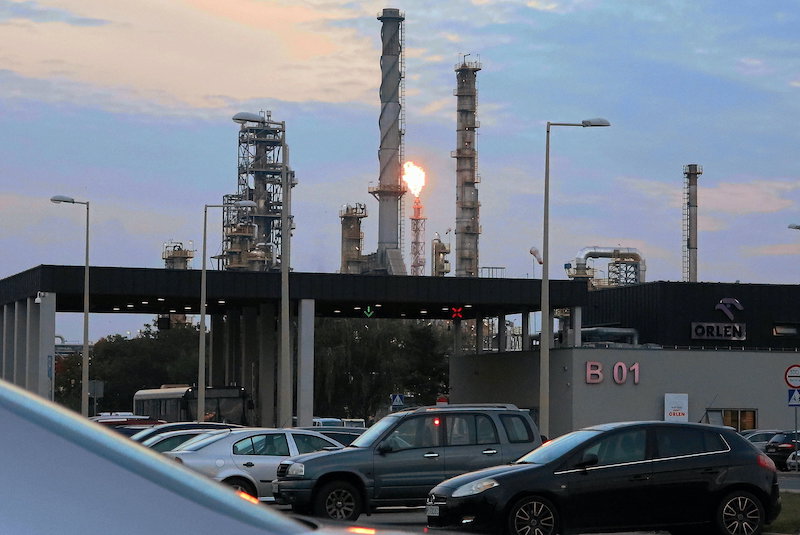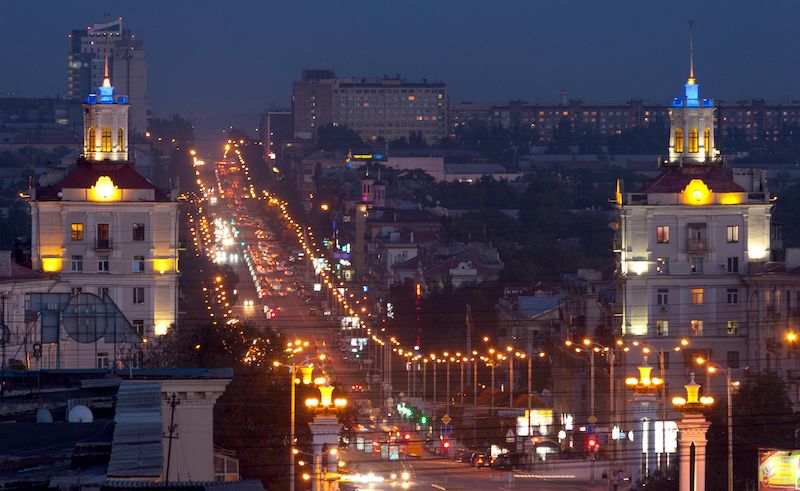In Germany six months ago, the buzzword “hot autumn” was everywhere. This was not due to seasonally high temperatures, but reflected a growing fear at the time: Germany’s soaring energy prices would lead to mass-scale social unrest.
As it turned out, skyrocketing inflation did not trigger riots in the streets. The German government was helped by a mild winter, but also took pre-emptive measures to reduce potential public disorder. But you would be mistaken in thinking energy issues didn’t capture the attention of the German people.
In January, thousands of protestors swarmed into the village of Lützerath to prevent the extension of a coal mine. This time, the German government abandoned its soft mitigation strategy and opted for repression.
On Twitter, climate activist Luisa Neubauer made a simple plea to her leaders: to be able to protest without being criminalised. But when it comes to respecting such civil liberties, Germany measures different demonstrations on different scales.






